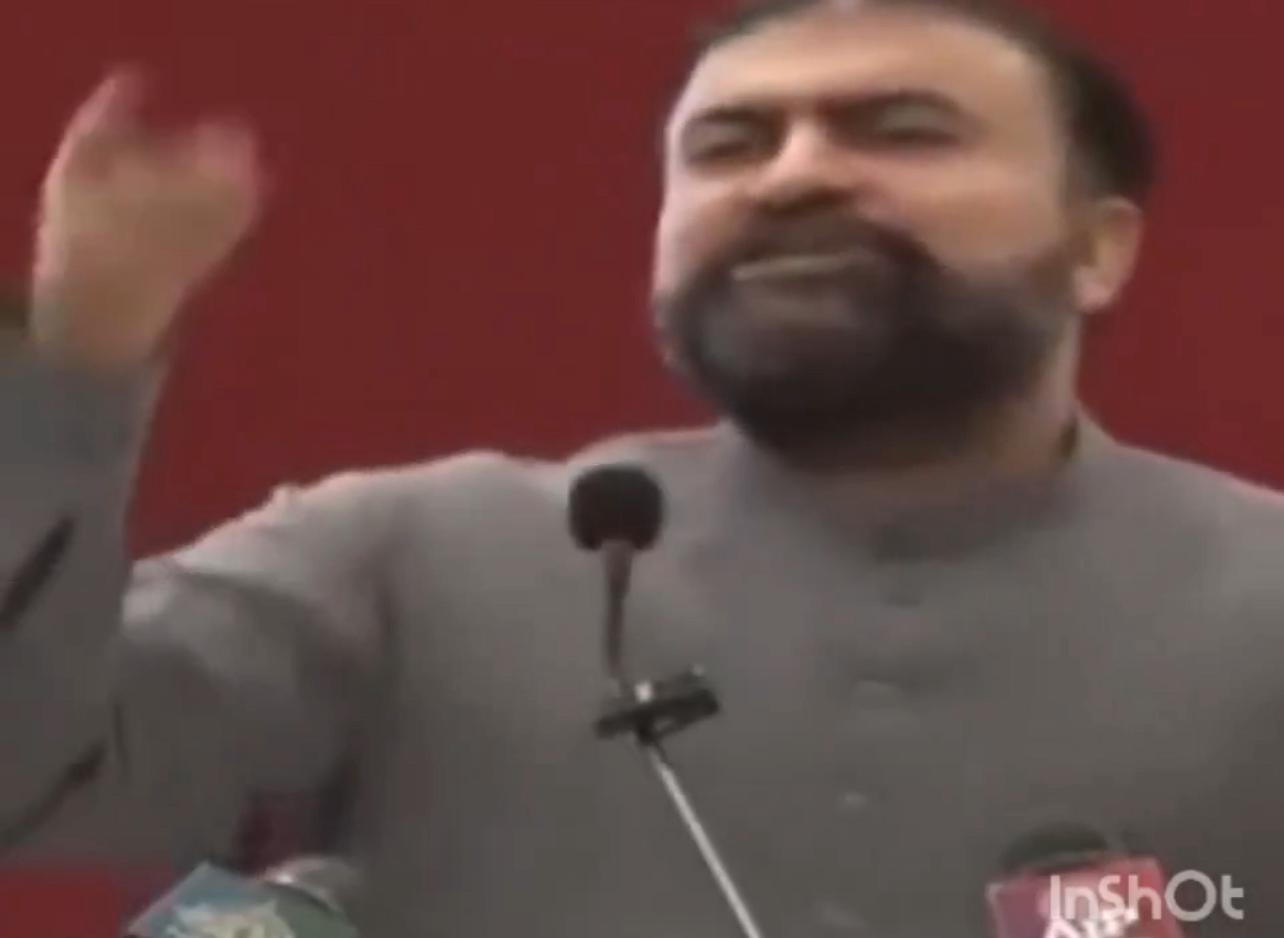
QUETTA: In a revealing incident that underscores growing tensions between the state and the youth in Balochistan, several students at a government girls’ college refused to act as voluntary propagandists for the authorities, rejecting pressure from Chief Minister Sarfraz Bugti to promote the Pakistani government’s narrative on social media and counter the rising tide of pro-Baloch voices online.
The episode took place during Bugti’s visit to the Government Girls Degree College in Quetta last week, where he attempted to rally students into pledging their allegiance to the state by spreading pro-Pakistan content on digital platforms, a move widely seen as a reaction to the expanding reach of Baloch nationalist sentiment on social media.
According to eyewitness accounts and reports, the Chief Minister, addressing the students, called on them to “promise to post in favor of Pakistan on social media and promote the state’s message.”
However, the appeal met unexpected defiance. Several students refused to comply, stating firmly that they were students, not instruments of any political agenda. Visibly angered, Bugti lashed out, saying, “If you have the courage, stand up and identify yourself. Pakistan will survive without you, no one, not even your fathers, can harm it. If you don’t become soldiers for Pakistan, the sky will not fall.”
Bugti further invoked religious sentiment, declaring it a “religious duty” to defend the Pakistani narrative, warning the students that “those who fail to do so will be ashamed before the Prophet on the Day of Judgment.”
The incident’s video, which quickly went viral, has sparked widespread outrage across social media and student circles. Many accused the Chief Minister of intimidating and harassing female students in a space meant for education, not political indoctrination.
Students and activists were quick to highlight the hypocrisy, pointing out that the Balochistan High Court has already banned political activities in educational institutions, a ruling the government routinely uses to justify suppressing student organizations and dissenting opinions. They noted that while pro-Baloch student movements face relentless crackdowns, authorities simultaneously compel colleges and universities to organize events promoting state propaganda.
Former senator and Balochistan National Party (BNP) leader Sanaullah Baloch condemned the episode, stating, “Despite the Balochistan High Court’s clear order banning political activities and slogans within educational institutions, it is unthinkable that such political speeches are being made by the Chief Minister himself in a government girls’ college.”
Observers and political analysts say the episode reflects a deepening crisis of trust between the state and the Baloch youth. They argue that the government’s increasing reliance on coercion and moral intimidation to enforce patriotism reveals its anxiety over the growing influence of Baloch nationalist narratives online.
As one activist remarked on social media, “You cannot win hearts by fear, especially not those of students who see the truth every day.”
Such incidents, many believe, will only widen the emotional and political distance between Balochistan’s younger generation and the state that claims to represent them.


